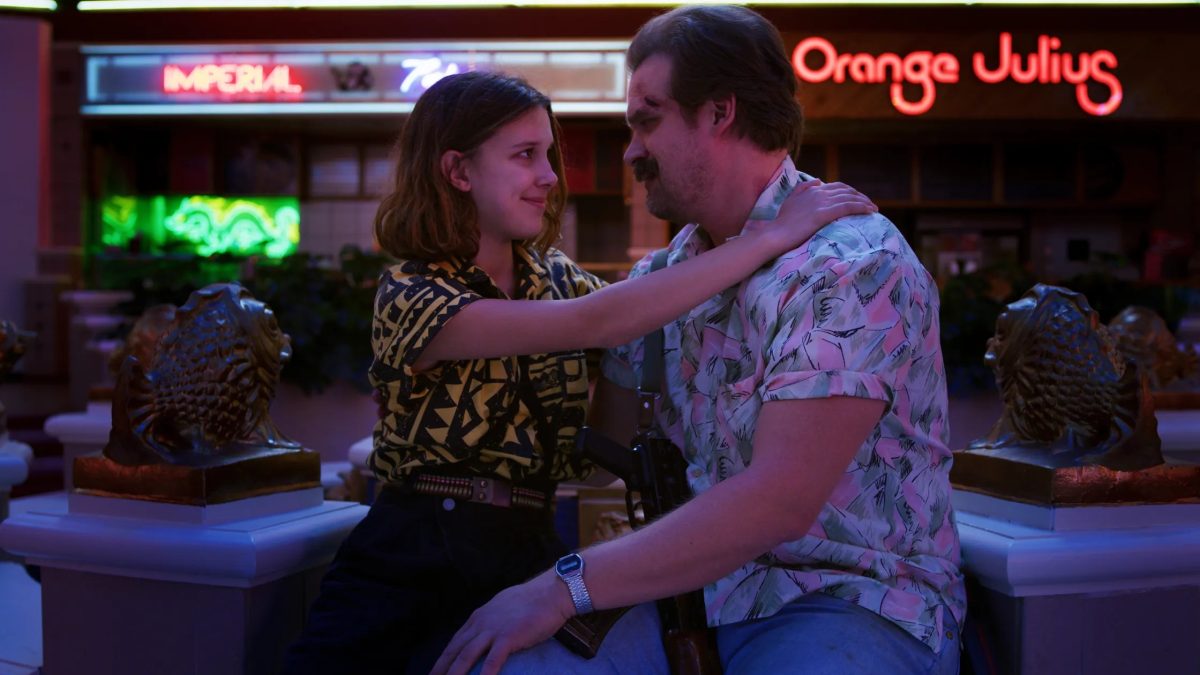Rockstar co-founder says he’s ‘less scared than a lot of people’ of AI: ‘If you use it to try and substitute for creativity, it’s going to be really generic’

Despite building a career on writing, Rockstar co-founder Dan Houser says he’s “less scared than a lot of people” about LLMs and AI worming their way into videogame development and beyond.
Speaking on the Lex Fridman podcast, Houser was asked how he felt about the recent uptick in large language models and the increasing quality in how they’re able to write. “I’m not that afraid of them for large-scale concepts,” Houser said. “I don’t think they’re going to be very good at that.” He said that LLMs “can’t really come up with good new ideas,” adding: “If you’re not a very good concept artist, you’re in a lot of trouble. If you have original ideas, I think you’re fine.”
When it comes to their human-like writing abilities, Houser reckons they still have a long way to go. “I also think they’ve done the first 90% of the work to sound human, 95% possibly in some areas,” he said. “The last 5% is going to end up being about 95% of the work. I think the last bit with tech—in my experience, with things like facial animation—the last bits and pieces take far longer than the first bit.
“And so I’m probably a hideous Luddite, but I’m less scared than a lot of people. I think you’re going to end up with a lot of work that looks the same … If you’ve got talent, I think you’re going to be fine.” Ultimately, Houser thinks that they’re not “going to come up with magic” but will be “fantastic at coming up with really cheap, decent stuff.”
I do find it interesting that Houser isn’t entirely bashing AI and LLMs here considering the very real threat their existence poses to writers and human-crafted stories, and his comments on “talented people” being fine give me the same feeling I would get when my Mum used to tell me to go and hand my CV into shops because it’d get me hired on the spot.
Houser also said he had “limited” hope for the capabilities of AI use in videogames in the future. “If used correctly it’ll be a great tool, if used incorrectly it’ll lead to loads of generic stuff,” he said. He also pointed out that it’s not the first time tech has turned up under the guise of making things “easier and much cheaper” only for games to get “much better and way more expensive.”
“I’m always nervous about saying ‘Finally! We have that bit of tech that makes our lives easier!’ but it looks like it might be able to do that when you use it in the right way,” he concluded. “If you use it to try and substitute for creativity, it’s going to be really generic.”


